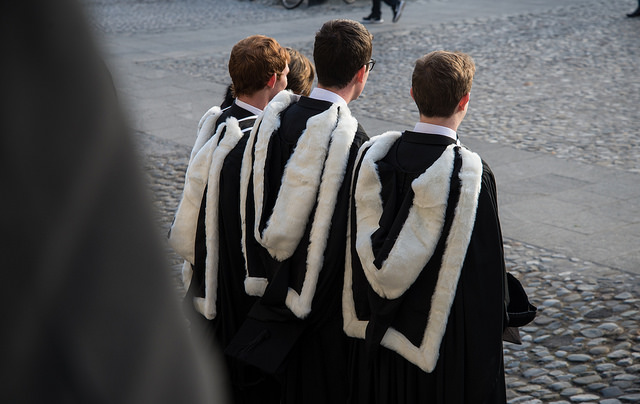Male graduates make an average of €4,740 more than female graduates, according to the Higher Education Authority (HEA) Graduate Outcomes 2020 survey.
Overall, the average salary was €39,611 for men and €34,871 for women nine months after graduation.
When graduates with the same degrees were compared, these figures were €38,372 for men and €35,981 for women. The pay gap was also seen to decrease for younger graduates where, when controls were applied, the figure was €1,500.
Since 2018, the gender pay gap has remained almost unchanged.
Of the 64,858 graduates across higher education in 2020, 53.3 per cent were women and 46.7 per cent were men.
The proportion of graduates in employment nine months after graduation decreased by over four percent from 80.1 per cent in 2018 to 75.9 per cent in 2020.
This decrease was attributed primarily to the pandemic. The report noted that coronavirus restrictions “resulted in a significant barrier to employment for many new entrants to the labour market”.
Education graduates saw the highest levels of employment at 93.2 per cent. Arts and humanities graduates had the lowest at 53.1 per cent. Over 10 per cent of arts and humanities graduates were unemployed.
Nearly 60 per cent of graduates said they considered their degree either relevant or very relevant to their job. This figure was also lowest for arts and humanities graduates with nearly a third reporting that their degree was “very irrelevant” to their job.
In a forward to the survey results, HEA Head of Skills, Engagement and Statistics Vivienne Patterson said: “Robust data on graduate outcomes allows the HEA, higher education institutions and policy makers to measure the early career development of graduates and is a crucial part of providing transparency and accountability for public investment and understanding the skills needs of the Irish economy.”
On the impact of the pandemic, she said: “Falls in employment vary significantly by field of study with Services and Arts & Humanities graduates seeing the most severe effects, as a direct result of the extended restrictions placed on tourism and hospitality, along with the arts and culture sectors.”
“However”, she added, “other areas like Education, Health and Welfare, Science and Agriculture have comparable employment rates to those seen before the pandemic”.







